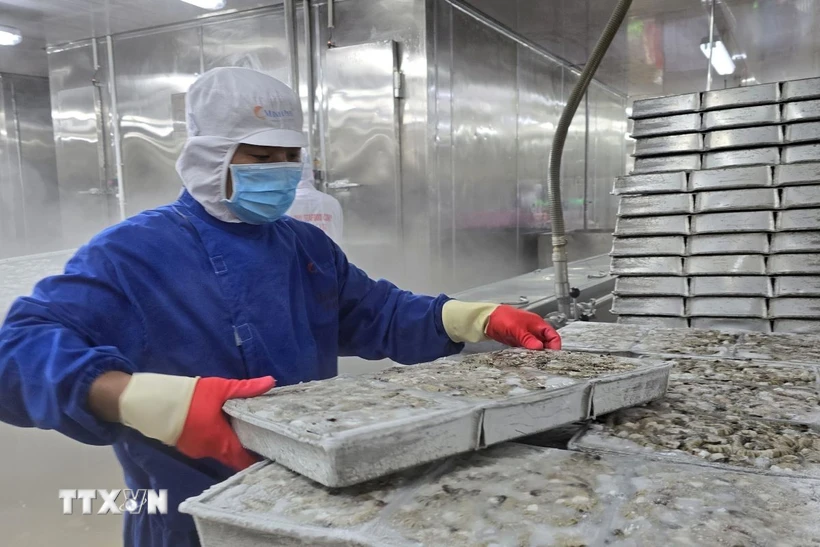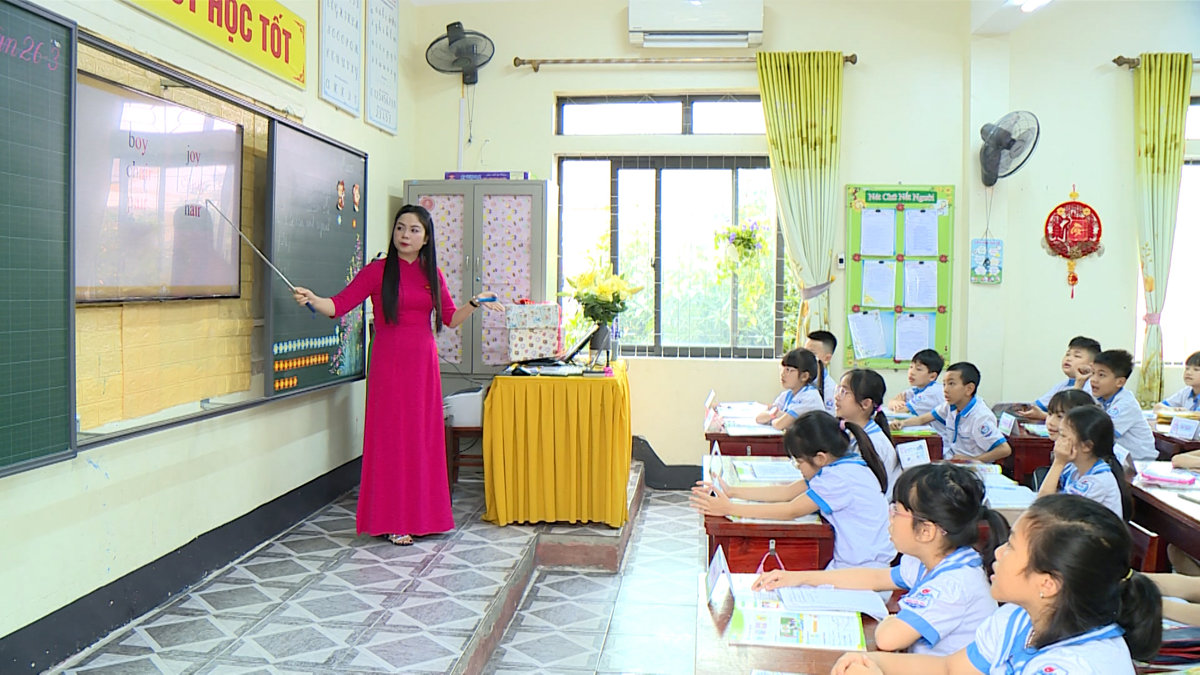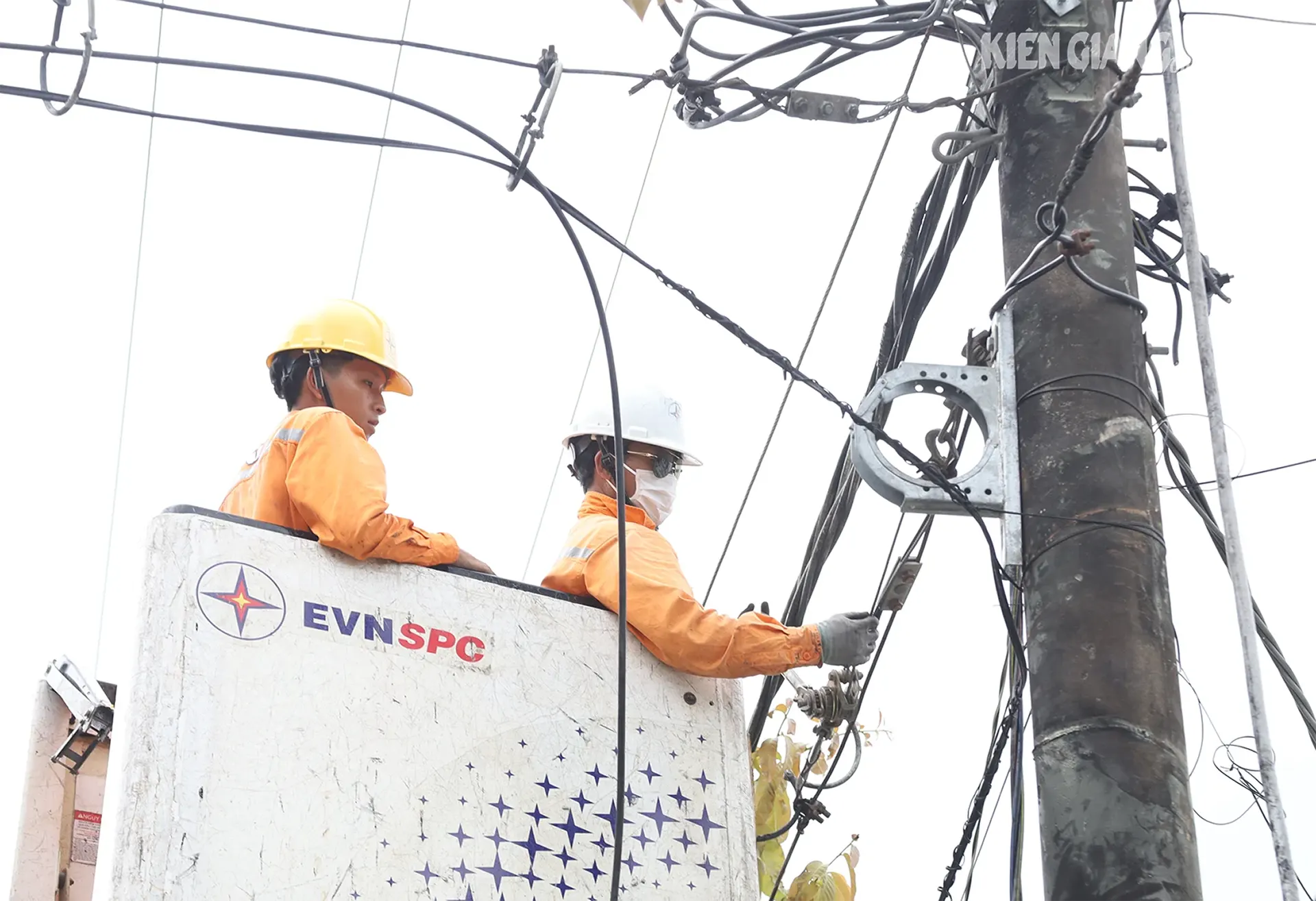(Dan Tri) - American pediatrician Tovah Klein regrets yelling at her children when she is angry. According to Klein, this is the most common mistake parents make when raising children.
American pediatrician Tovah Klein is the author of the book Raising Resilience, which is about how parents can raise resilient, confident children. Klein asserts that no parent is perfect, and that the experience of parenthood is challenging and will make parents realize that they themselves have many shortcomings.
However, recognizing shortcomings and mistakes and being willing to learn from them is also a way for parents to teach their children how to continuously grow in life, even when they are adults.

Yelling at children is the most common mistake parents make when raising their children (Illustration: Shuterstock).
"The ambition to be a perfect parent is unrealistic, but it is the parents who dare to honestly admit this that will help children learn to flexibly handle problems in life and understand that no person or event is perfect," said Dr. Klein.
In her book Raising Resilience , Dr. Klein said that she herself had let her emotions overwhelm her reason while raising her three children. Now that all three of her children are grown, Ms. Klein summarizes her own experience of raising children to support other parents.
According to Ms. Klein, the most common problem that parents face, and one that she herself has experienced, is becoming angry, losing control, and yelling at their children. For Ms. Klein, the time when she often feels the most difficult to control is in the evening, when her children are still young and often make noise and chaos from mealtime until bedtime.
The children's mischief often made Mrs. Klein shout loudly. The chaotic scene in the house made Mrs. Klein think that if guests came to the house at night, she would feel very embarrassed, because both parents and children would lose control. The sound of children screaming and adults shouting often appeared in Mrs. Klein's house at night.
According to Ms. Klein, when parents become angry, yelling at their children is common and understandable, but it is not an ideal way to behave. Parents should find a way to overcome this state after they have calmed down.

American pediatric psychologist Tovah Klein (Photo: CNBC).
Klein acknowledges in her book that moments of conflict and anger between parents and children can create a “fracture” in the relationship, causing negative effects if not handled properly. Seeing parents angry, even punishing, can cause children to have long-term psychological problems.
A study published in the American journal of child health , The Journal of Child Development , in 2013, showed that children who are often scolded by their parents are more likely to have behavioral problems, lack self-confidence, and even tend to fall into depression.
According to Ms. Klein, after parents get angry and scold or punish their children, when they calm down, they should find a way to improve the situation and soothe their children's psychology. Parents should not continue to maintain a tense attitude, or even act coldly towards their children, because they think that this is the strictness necessary to teach their children.
In particular, if in the previous anger, parents had said or done something unacceptable, parents should sincerely and frankly have a brief dialogue with their children: "I'm sorry, I shouldn't have said/done that."
An apology, though short and simple, sends a positive signal that parents know how to reflect on themselves. When parents dare to reflect on themselves and apologize to their children, their children will also learn to reflect on themselves and apologize when necessary.
Parents' proactive dialogue after an uncontrolled tantrum will help children calm down and learn skills to repair relationships after a tantrum.
Being open, honest, and straightforward with your children about your imperfections will benefit both parents and children, as both parties will always be aware of the need to improve themselves over time to become better.
Source: https://dantri.com.vn/giao-duc/bac-si-tam-ly-cung-hoi-han-vi-tung-quat-mang-con-20241026161940429.htm


![[Photo] Special relics at the Vietnam Military History Museum associated with the heroic April 30th](https://vstatic.vietnam.vn/vietnam/resource/IMAGE/2025/4/3/a49d65b17b804e398de42bc2caba8368)
![[Photo] Moment of love: Myanmar people are moved to thank Vietnamese soldiers](https://vstatic.vietnam.vn/vietnam/resource/IMAGE/2025/4/3/9b2e07196eb14aa5aacb1bc9e067ae6f)



![[Photo] Comrade Khamtay Siphandone - a leader who contributed to fostering Vietnam-Laos relations](https://vstatic.vietnam.vn/vietnam/resource/IMAGE/2025/4/3/3d83ed2d26e2426fabd41862661dfff2)


























































































Comment (0)